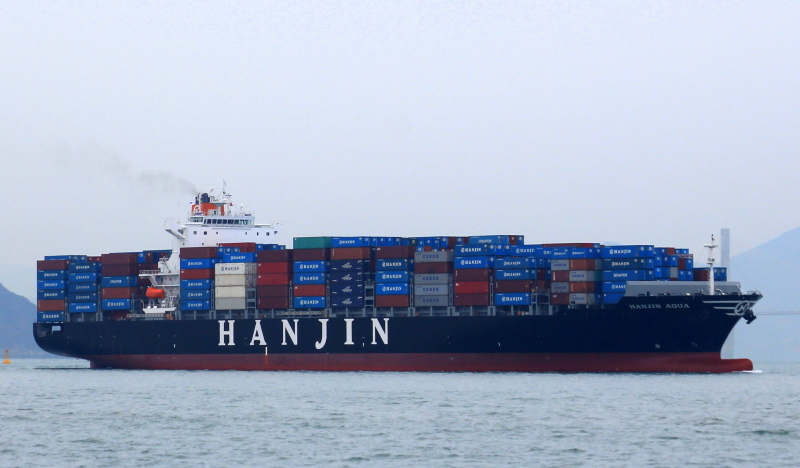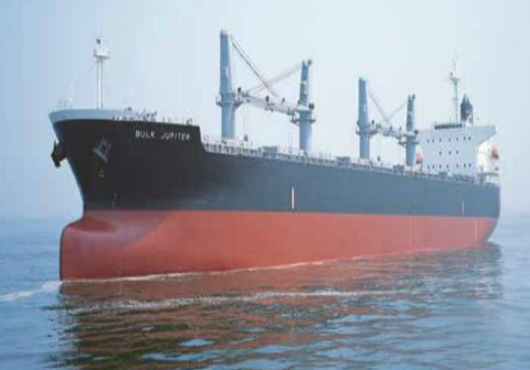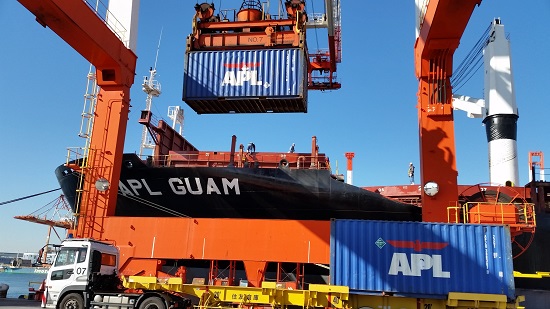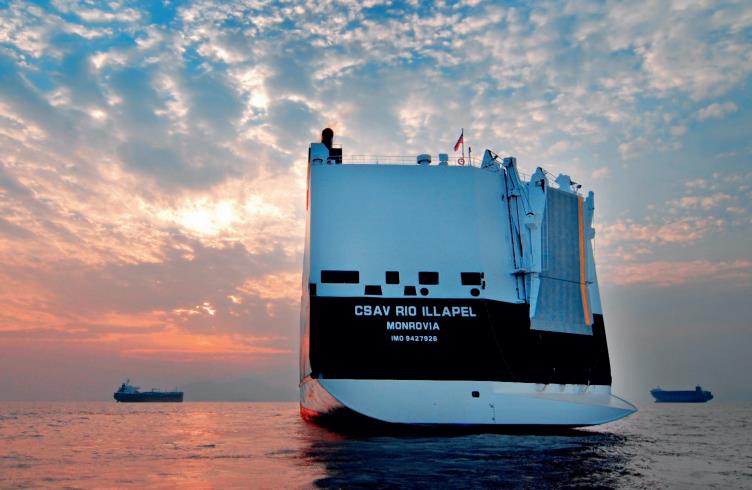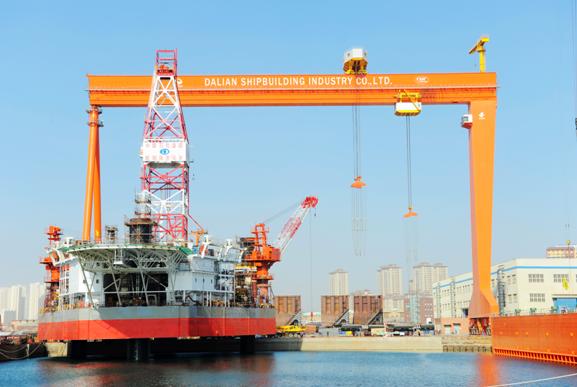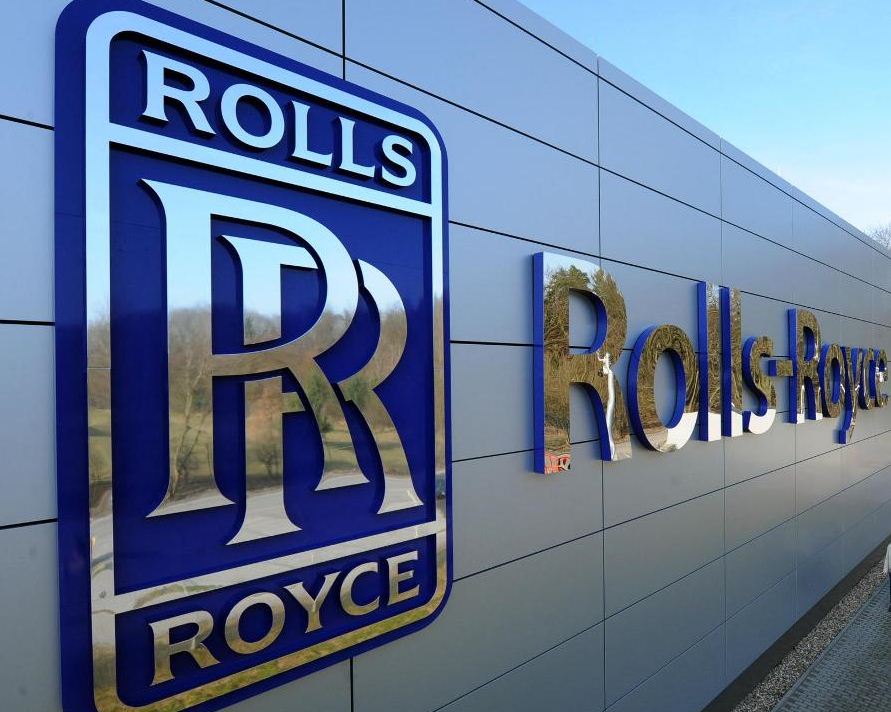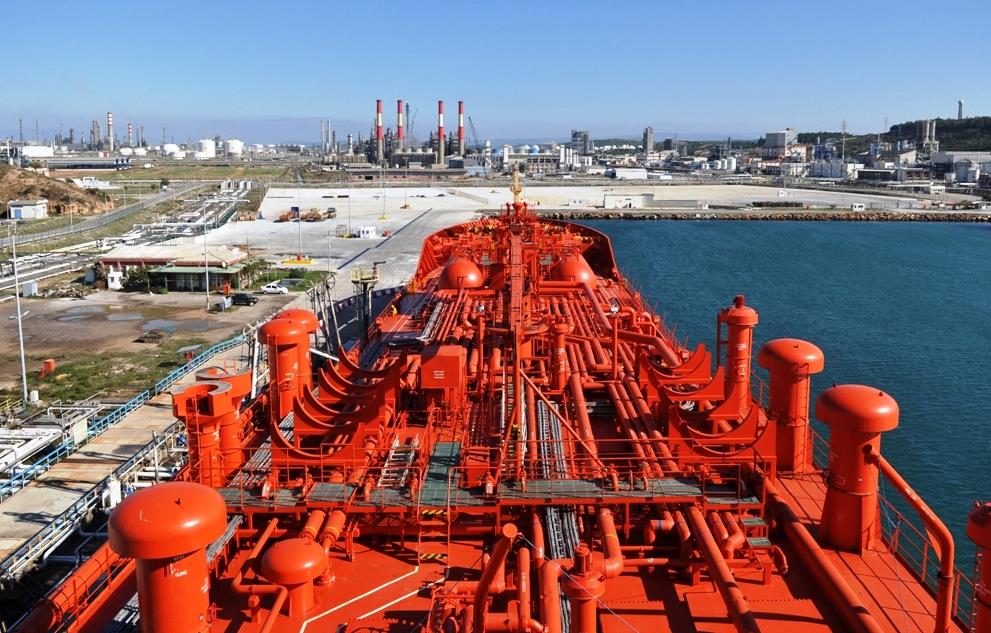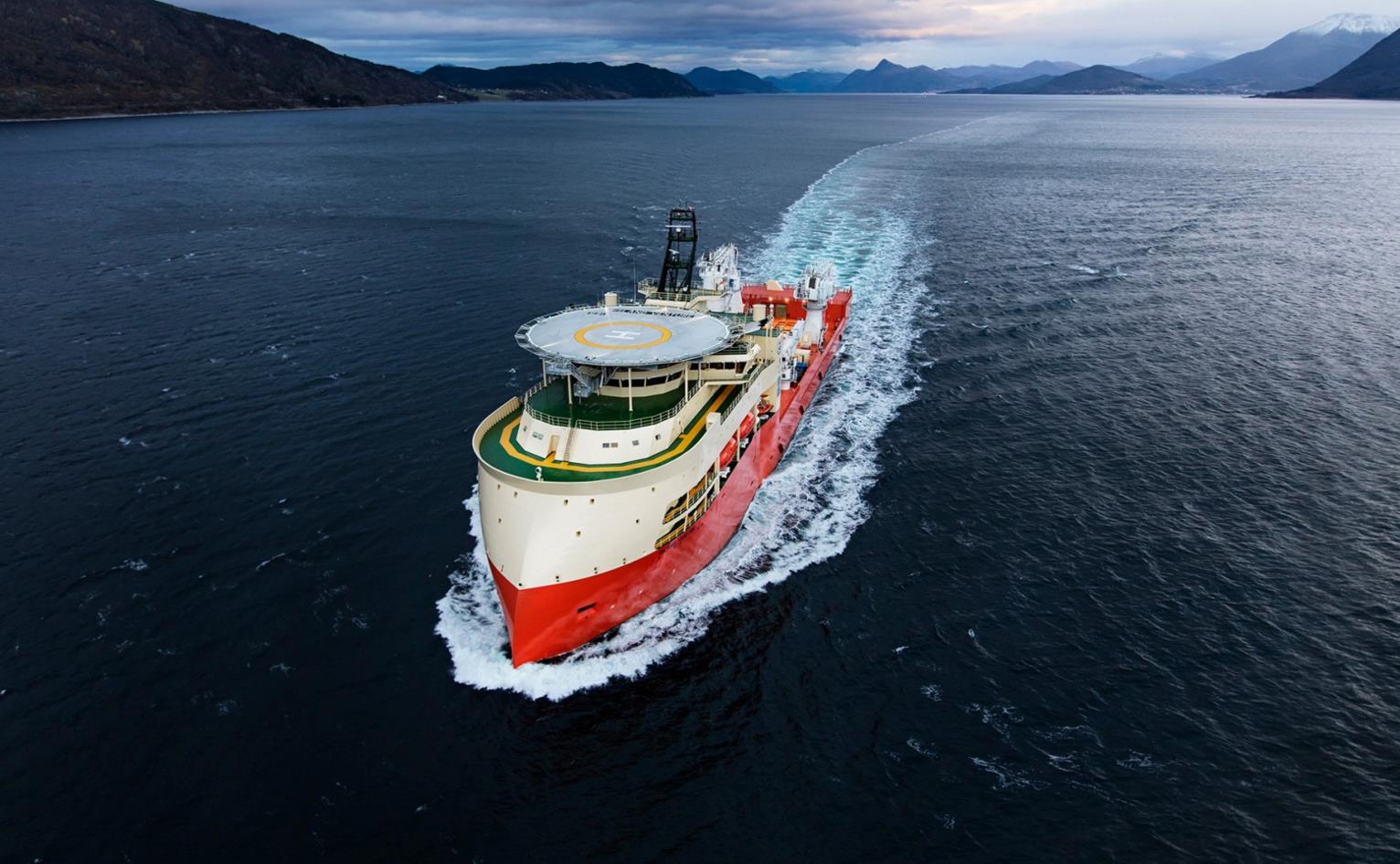A devastating offshore market is expected to impact UK-based developer and producer of marine engines Rolls-Royce harder than expected in 2016.
In the guidance for 2015, the company announced that its marine performance continued to be impacted by weakening offshore markets and continued deferment or cancellation of orders. The company expects a further 15-20% decline in offshore marine market demand, weakening marine profit by a further USD 113-152 million.
The profit headwinds are likely to reach around USD 987.3 million in 2016, compared to 2015. Many of the headwinds impact higher than average margin segments of the business, or businesses where fixed costs are relatively high, the company said.
“While 2015 remains broadly as expected, the outlook for 2016 is very challenging. The speed and magnitude of change in some of our markets, which have historically performed well, has been significant and shows how sensitive parts of our business are to market conditions in the short-term,” Chief Executive Warren East said.
The company updated its outlook saying that they expect a revenue of up to USD 2,505 million for its marine business in 2015, compared to USD 2,202 million in 2014. Profit for this section is expected to be at USD 60.7 million.
As informed, Land & Sea progress was in line with full year expectations, although weakness in the offshore market continues to adversely impact the business. As a result, while expectations for the full year remain unchanged, the risk of further deterioration remains high in 2016.
Although many Land & Sea businesses had good order intake in the quarter, the offshore business intake was very weak. New contracts included MT30 gas turbines for the Royal Navy’s Type 26 Global Combat Ship, MTU diesel engines for the refit of the Royal Navy’s fleet of Type 23 Frigates and a new agreement for the supply of engines for a range of Sunseeker luxury yachts.
Rolls-Royce added that since the end of the quarter they have announced a further restructuring program within their marine business. This will focus on reducing corporate and administrative costs, including a 400 reduction in headcount – in addition to the 600 announced in June – with most of the early savings being reinvested in increased R&D to strengthen the competitive position of the business.

